Life
Sign up for our newsletter
We summarize the week's scientific breakthroughs every Thursday.
-
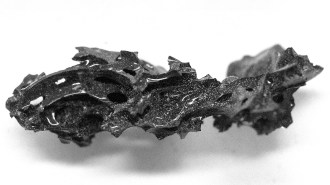 Archaeology
ArchaeologyMount Vesuvius turned this ancient brain into glass. Here’s how
Transforming the brain tissue to glass would have required an extremely hot and fast-moving ash cloud, lab experiments suggest.
By Alex Viveros -
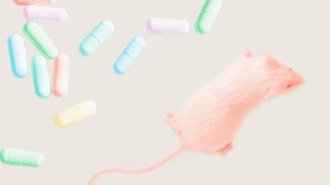 Health & Medicine
Health & MedicineCan probiotics actually curb sugar cravings?
Some companies claim that taking beneficial bacteria can reduce the desire for sugar. But the evidence comes from mice, not people.
-
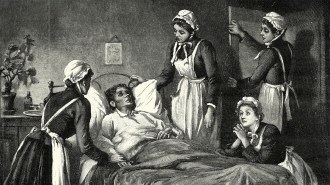 Life
LifeA new book chronicles the science of life in the air
Carl Zimmer’s Air-Borne recounts centuries of aerobiology’s greatest moments and mistakes.
-
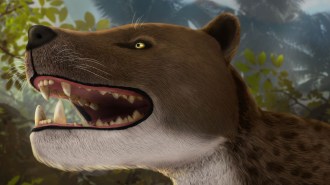 Life
LifeA skull found in Egypt shows this top predator stalked ancient Africa
Archaeologists uncovered a fossilized skull of an ancient sharp-toothed predator that likely hunted early elephants and primates.
-
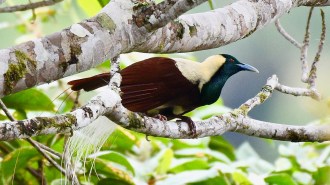 Animals
AnimalsHow fish biologists discovered birds of paradise have fluorescent feathers
A survey of museum specimens reveals that more than a dozen species of the birds sport biofluorescence in feathers, skin or even inside their throats.
By Susan Milius -
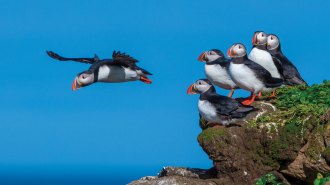 Animals
AnimalsHow a puffin patrol in Iceland is saving the iconic seabirds
Light pollution disorients young puffins. The Puffling Patrol helps them find their way to the sea.
-
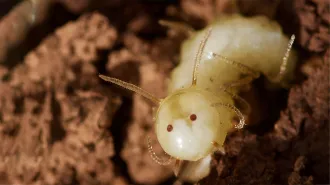 Life
LifeThe butts of these blowfly larvae mimic termite faces
The young of a mysterious blowfly species look — and smell — like the termites they hide among.
-
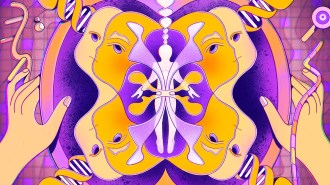 Humans
HumansBiological sex is not as simple as male or female
A recent Trump executive order defines sex based on gamete size. But the order oversimplifies genetics, hormones and reproductive biology.
-
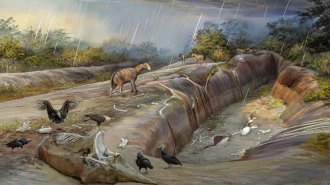 Paleontology
PaleontologyGiant camel-like creatures lived thousands of years longer than once thought
Fossilized teeth from two ancient megafauna suggest they roamed Brazil 3,500 years ago. The find “opens the door to rewrite South American history.”
-
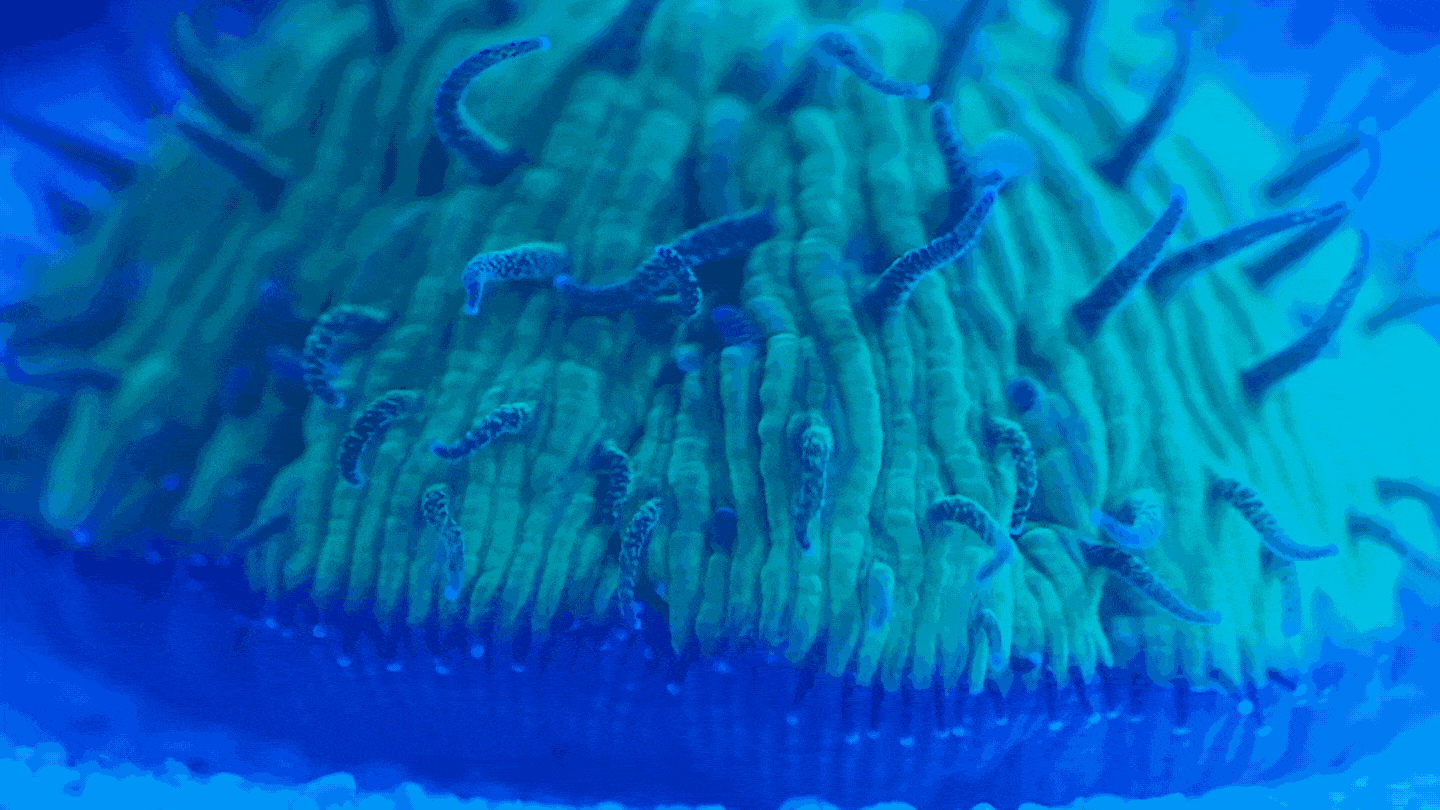 Animals
AnimalsHow a mushroom coral goes for a walk without legs
Time-lapse video shows how a mushroom coral polyp pulses and inflates, flinging its soft body into micro-hops to slowly move itself to a new location.
By Susan Milius -
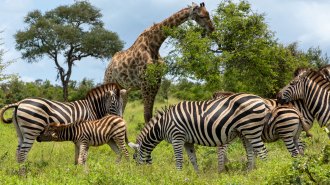 Animals
AnimalsIn a first, zebra cams reveal herds on the move with giraffes
Six zebras wore video cameras attached to collars, capturing the equines’ daily life. Sticking with giraffes may let the two species protect each other.
By Elie Dolgin -
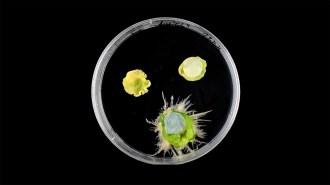 Plants
PlantsA bacteria-based Band-Aid helps plants heal their wounds
Recent research into bacterial cellulose patches may speed plants' recovery, improve grafting and help with preservation.